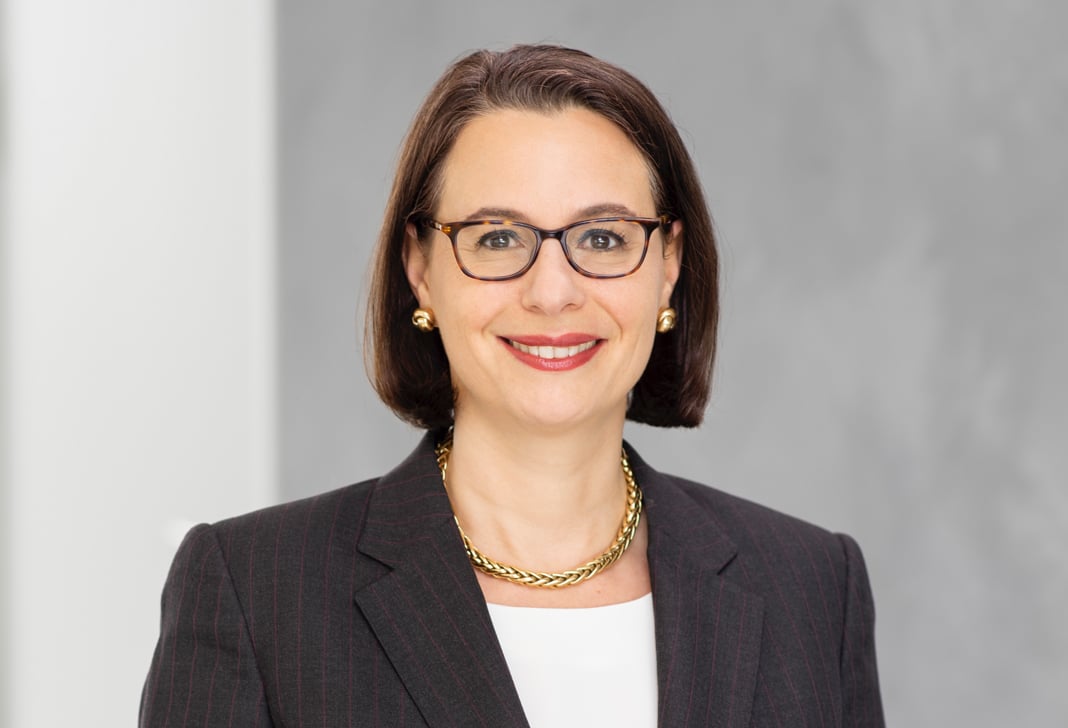
Germany's Legal Privilege: What In-House Counsel Need to Know
In Short
The Situation: Germany has no direct equivalent to the U.S. attorney-client privilege, but it offers specific legal protections for in-house counsel in certain proceedings.
The Result: In-house counsel in Germany must navigate a complex landscape to ensure their communications and documents remain privileged, in particular in the setting of international corporations.
Ensuring Protection: Companies should ensure their in-house legal teams are admitted to the bar and adopt best practices for labeling and storing privileged information. Further, in-house counsel should be conscious of the field of law in which their correspondence falls and adapt respective measures or retain local or outside counsel where required.
Overview of the German Procedural System and Rules of Evidence
Germany's legal system does not have an exact equivalent to the attorney-client privilege found in the United States. Instead, specific legal provisions exist to shield documents produced by in-house legal counsel from disclosure in court proceedings. The specific protection depends on the nature of the legal question handled by in-house counsel and the different types of legal proceedings.
Civil Procedure
General Rule: No Discovery. In German civil procedure, there is no obligation for parties to submit or disclose documents that do not benefit their case. Each party bears the burden of proof for facts favorable to their case, and determines in its own discretion which evidence and facts to present. Documentary evidence holds high evidential value and is favored over witness statements and affidavits.
Unlike the U.S. system, German civil procedure does not involve discovery, meaning parties are not entitled to access documents held by their opponents. This lack of discovery negates the need for a comprehensive attorney-client privilege akin to that in the United States.
Exception: Procedural Duty to Produce Specific Documents. Section 142(1) of the German Code of Civil Procedure ("ZPO") allows courts to order the presentation of specific documents referenced by a party in the exceptional case that the opposing party has no other option to get access to the information contained in the documents, and that information is relevant for the decision. However, this power is limited and can be exercised only if the party has made a conclusive submission relating to specific facts. General requests for information are not permitted—the court may not order the production of documents merely for the purpose of obtaining information.
In patent infringement proceedings, Section 140c of the Patent Act allows for a similar production of documents required to prove infringement.
For both these statutory provisions, it is unlikely that communication between in-house counsel and their (internal) client would fall under such orders since the opposing party generally will not make specific references to facts stemming from such communication.
Privileges for Attorneys in Civil and Patent Litigation. German law provides specific privileges for attorneys, including the right to refuse to testify about confidential information (Section 383(1) ZPO) and exemption from producing documents (Sections 142(2) and 144(2) ZPO). This protection, known as legal professional privilege ("LPP"), also extends to in-house lawyers and patent attorneys, provided they are admitted to the bar and therefore bound by professional duties of independence and confidentiality.
Administrative Proceedings
In administrative proceedings, the principle of official investigation applies; thus, parties generally are obliged to testify or produce documents. However, in administrative proceedings with the respective authorities, the above-mentioned ZPO rules apply accordingly, with exceptions for procedures before the European Commission, particularly in the field of antitrust law. The European Court of Justice has ruled that in-house lawyers do not enjoy the same degree of independence as do external lawyers, thus excluding them from LPP protections during European Commission investigations.
Criminal Proceedings
Attorney-client communication involving in-house attorneys is generally not protected in criminal proceedings. German law limits LPP to relationships where the client is a suspect in a criminal case and the counsel serves as criminal defender. This applies only for external independent counsel who serve either the company or an individual in pending criminal investigations or proceedings. In-house lawyers do not have the right to refuse to testify, and their files can be seized, especially if those files contribute to internal investigations related to criminal acts.
Recommendations to Maximize Protection
To benefit from LPP, in-house lawyers must be admitted to the bar in Germany. Employment contracts should mandate this requirement. Privileged documents should be clearly labeled as such to ensure their status is recognized, although labeling alone does not confer privilege. Consistent labeling practices are crucial to avoid implications about the nonprivileged status of unlabeled documents.
Storing privileged information securely is also important. In order to obtain protection under the German Law on Trade Secrets (GeschGehG), applying measures such as password protection, encryption, and limitation of the individuals that have access to the documents (a need-to-know policy) is advised.
Five Key Takeaways
- No General Discovery: German civil procedure does not involve discovery, limiting the need for a broad attorney-client privilege.
- Limited Court Orders: Courts can order document production only based on specific, conclusive submissions by a party.
- Legal Professional Privilege: LPP protects admitted in-house lawyers, extending to refusal to testify and document production exemptions.
- Criminal Procedure Limits: In-house counsel's communications are not protected in criminal proceedings, with their documents subject to seizure.
- Best Practices: Companies should ensure in-house lawyers are bar-admitted, and they should consistently label and securely store privileged documents.





